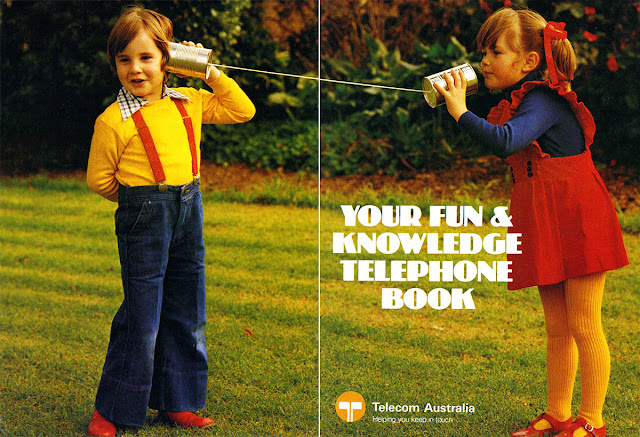 |
| Eureka Skydeck, 2013 |
The Economist Intelligence Unit has named Melbourne the "Most Liveable City in the World" for the sixth straight year. Huzzah! Break out the champagne, but just make sure it's a 1996 Bollinger La Grande Annee Brut. What? You can't afford a $600 bottle of champers? Then too bad, because these rankings aren't for you.
Despite social media crowing from every civic leader from the Premier down, the "Global Liveability Ranking" means very little by itself and means even less to those who already live in those benighted cities fortunate enough to make the cut. Melbourne, like the rest of Australia, is desperate for external—preferably foreign—validation, has taken these rankings and run with them for decades, without actually thinking about what they mean.
The beneficiaries of this aura of "liveability" are the executives earning a whole heap more than you. These global rankings are generated by the Economist Intelligence Unit, the sister company to the more well-known magazine. The goal of the EIU is to help "businesses, financial firms and governments to understand how the world is changing and how that creates opportunities to be seized and risks to be managed". Translation: they don’t care whether your local public school is falling down, only whether there are quality private schools nearby for executives with expense accounts to send their little darlings to.
The rankings are devised for senior executives schlepping into town (in business class, of course) for a two-year stay to restructure the local business (synergise efficiencies and such, the action formerly known as sacking people) before leaving with a well-earned pay raise and a promotion.
The people for whom these rankings are divined will not be searching for an affordable home within a 60 minute drive of the CBD, nor will they be worried about the quality of public education from their nearest state school. They won't be struggling to find amenable employment or efficient public transport because the issues that matter to you and me will be looked after by their cashed-up, tax-dodging multinational employers.
Don’t just take my word for how meaningless these rankings are, take a look at this quote from EIU themselves on the top 65 “Most Liveable” cities: “Although 17.2 percentage points separate Melbourne in first place from Warsaw in 65th place, all cities in this tier can lay claim to being on an equal footing in terms of presenting few, if any, challenges to residents’ lifestyles."
Soooo basically, tax-dodging multinationals, you can send your overpaid staff anywhere in that top 65 and they will likely not be stabbed or robbed or fleeced and <zinger>will be free to do same to the local government </zinger>.
This is not to say Melbourne isn't a great city—it is. We have great healthcare by international standards, pretty good schools and an abundance of decent coffee [note to self: pitch EIU Global Coffee Index]. But it's strange to think of Melbourne being up there with Vienna. Both are nice cities, but Vienna has a proximity to Europe that Melbourne simply can't match. It is also the home of many international institutions and global initiatives that are simply more important to the world than, say, the Australian Open. It also has dumptruck loads more culture than Melbourne, a functioning public transport system (one that has been updated since the 1930s) and, most importantly, the Leica Shop.
But remember, regardless of how relevant this ranking is, we still beat Sydney. And that’s the important take home lesson from all this: Sydney sucks.


